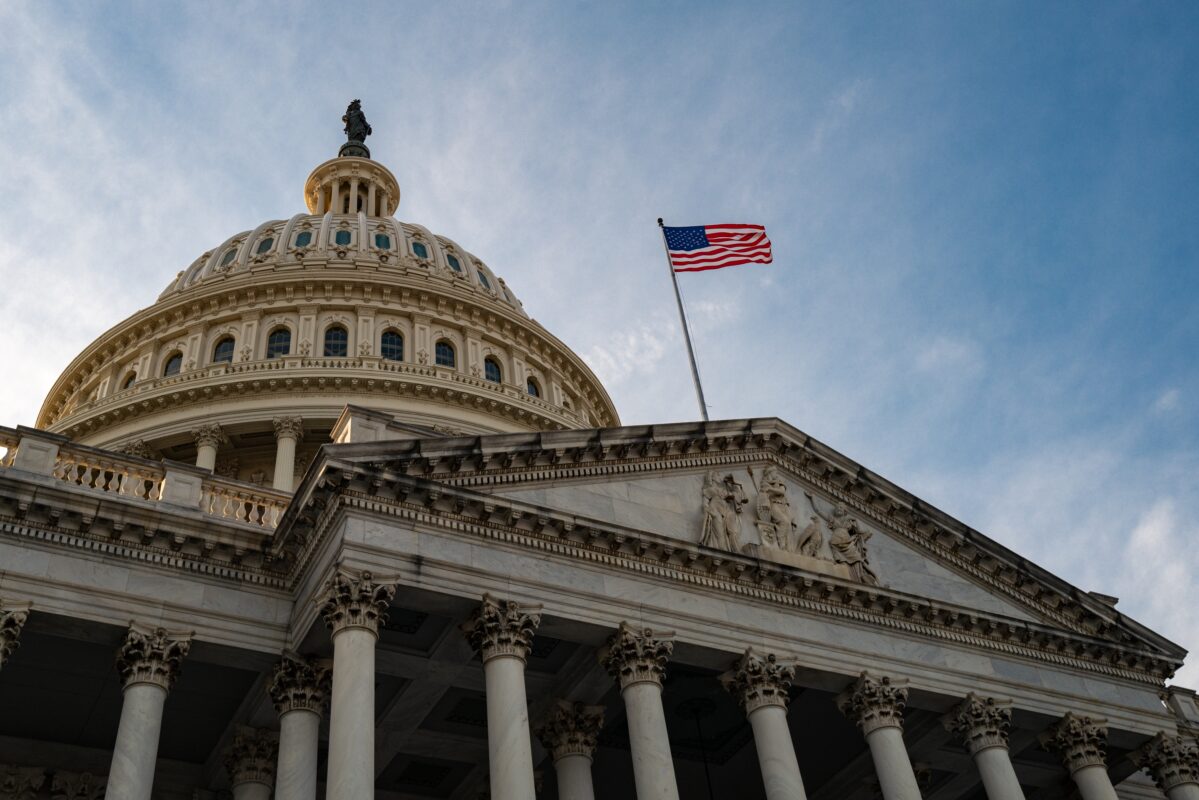Humans can hear, see, feel, and taste the difference between hot and cold water—wait, hear?
Our ears have two jobs: helping us hear with acoustic to electric transformation and sensing head movement to help us with balance. If your hearing is typical (i.e., < 20 dB HL), or even better than typical, you may be able to do an auditory trick. Researchers have discovered some of us are capable of hearing the difference between hot and cold and water as it’s poured!
Over the years, our brains subconsciously learned to detect the differences between the two sounds. Why? Think of all the hot and cold drinks you’ve heard being poured throughout your life!
But why are the sounds not the same? It all comes down to viscosity. The molecules in thicker and colder water have less energy, so they’re less excited, moving less rapidly and becoming stickier. There’s also less bubbling in cold water for the same reasons (Nield, 2017). Cold water has lower frequency sounds than hot water. Hot water produces higher pitches when it’s poured because the molecules move around more.
Ninety-six percent of people can tell the difference between hot and cold water being poured simply by the sound (National Public Radio, 2014). The research was completed to make beverages more acoustically appealing for advertising purposes. After all, we all want our sodas cold and our coffee hot!
References
Meeker NG. (2024) Hot and cold water make different sounds when poured. Interesting Facts: Science and Technology (accessed November 13, 2024).
Nield D. (2017) Your ears can actually tell the difference between hot and cold water. Science Alert (accessed November 14, 2024).
National Public Radio. (2014) What does cold sound like? See if your ear can tell temperature (accessed November 14, 2024).
Recent Posts
Academy Files Rulemaking Petition to Restore ABA Language in VA Regulations
Earlier last year, the Virginia Board of Audiology and Speech-Language Pathology finalized regulatory changes intended to streamline licensure by removing direct ties between certification and…
Congress Needs to Hear From Audiologists on Student Loan Access
The Professional Student Degree Act, H.R. 6718, introduced by Representative Michael Lawler (R-NY), was introduced in mid-December. This bill reaffirms audiology’s status as a professional…
Why Wild Animals Don’t Have Floppy Ears
In 1959, a scientist began a domestication experiment with silver foxes. Critics believed the experiment was, at the very least, too ambitious (if not outright…


